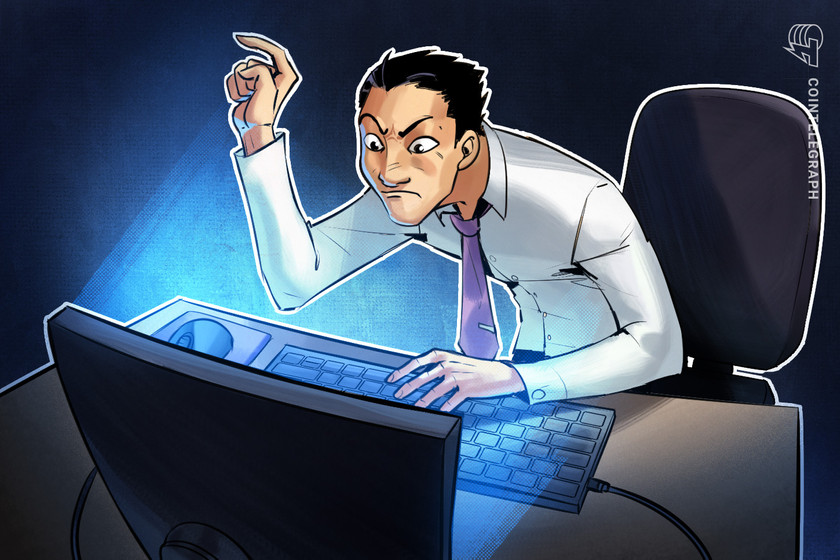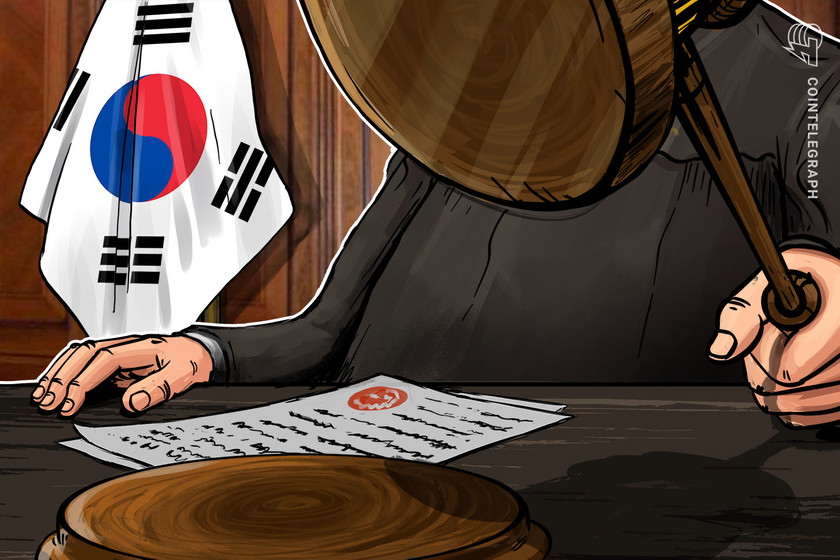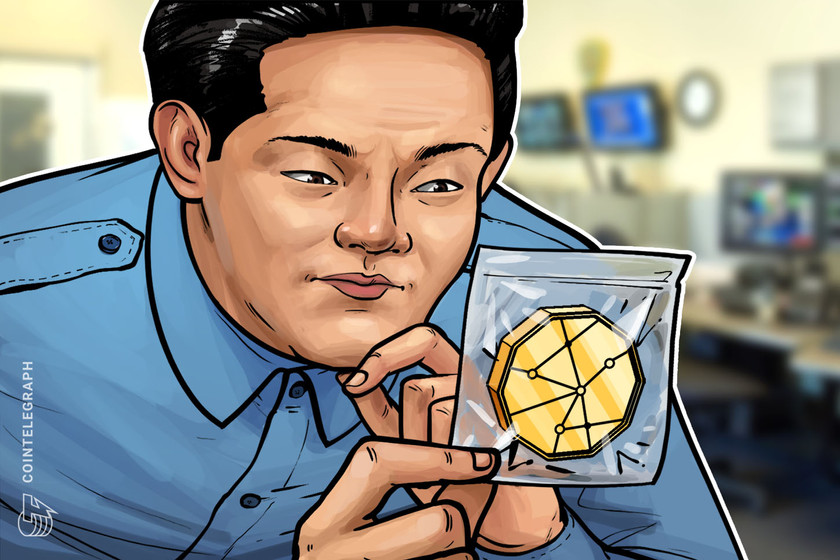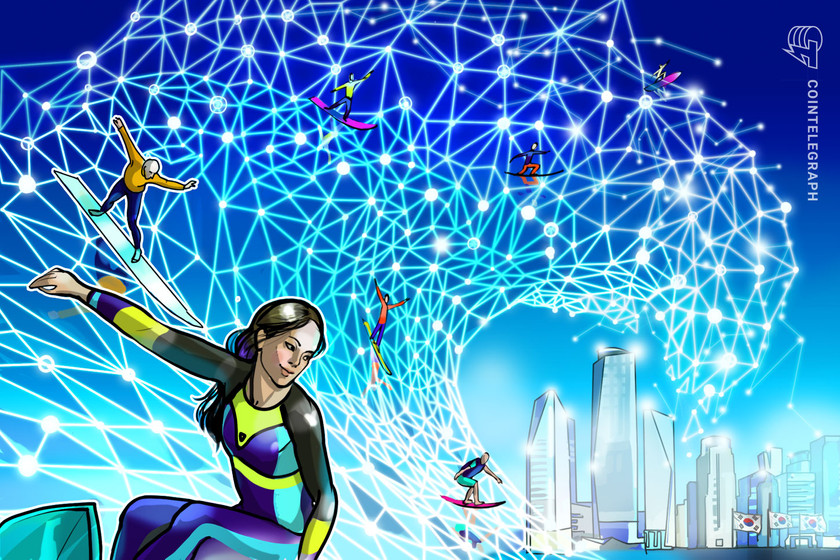4,400 disgruntled investors are hunting for Terra’s Do Kwon



A retail investor group is trying to track down Terraform Labs co-founder Do Kwon following the crash of the Terra ecosystems’ cryptocurrencies.
Members of a 4,400-strong Discord group called the “UST Restitution Group” (URG) have been attempting to track down the whereabouts of Terra co-founder Do Kwon.
Members of the group, seemingly out of frustration at the lack of results from law enforcement agencies, are scouring the internet for clues and sharing them with the group in an attempt to track down Kwon.
Members have suggested that he could be residing in places such as Russia, Dubai, Azerbaijan, or even on a yacht.
Their continuing efforts come despite authorities in South Korea taking significant steps to bring Kwon to justice, with a Seoul court issuing a warrant for his arrest on Sep. 14 and Interpol having reportedly issued a “Red Notice” to law enforcement worldwide on Sept. 26 in response to the warrant.
URG was originally formed on May. 16 as a chatroom for Terra ecosystem investors and to help launch lawsuits on behalf of its members to recover funds lost from TerraClassicUSD (USTC), the so-called stablecoin that depegged from the U.S. dollar.
One member of URG, Kan Hyung-suk, will soon be traveling to Dubai according to an Oct. 19 report from the Financial Times, a city where many from the group believe Kwon is hiding. Another member from the URG was reported as saying:
“Dubai is friendly to crypto, very international (he would not stand out), and has limited extradition treaties in place. It would seem like the best fit for the 3-5 hour timezone shift apparent in the data.”
Hyung-suk is a 26-year-old software engineer and a former employee of Terraform Labs, the company behind the development of the Terra blockchain, and has been a member of the URG since May 26.
Kwon, who became a controversial figure in the wake of the Terra ecosystem implosion, has maintained claims he is not “on the run” and is fully cooperating with all government agencies in communication with him.
Related: South Korean foreign ministry orders Do Kwon to return his passport
Kwon was interviewed on Oct. 19 by Laura Shin, a crypto-journalist and host of the Unchained podcast, who asked him a range of questions relating to current news stories.
Speaking on his current whereabouts, Kwon suggested that he moved from Singapore following the Terra crash due to privacy and personal security concerns, saying as an example that his apartment was broken into, and stated:
“It’s not in the interest of being on the run or something like that, that I don’t want to disclose where I live. It’s just that every time the location where I live becomes known, it becomes almost impossible for me to live there.”
A spokesperson from Terraform Labs maintains the charges against Kwon are “highly politicized”, and that South Korean prosecutors have expanded the definition of financial securities in response to public pressure. Kwon echoed this sentiment during his interview with Shin.







